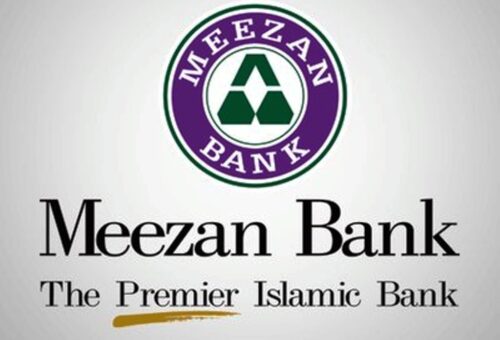Meezan Bank, a leading Islamic bank in Pakistan, and PaySa, a fintech startup specializing in digital payments, have joined forces to offer Point of Sale (POS) payment services and tap into Pakistan’s growing digital payment ecosystem.
PaySa will deploy POS terminals and expand the bank’s merchant and retailer network as an independent sales organization.
By combining PaySa’s next-generation business solutions with Meezan Bank’s expertise, the two organizations aim to simplify payments for merchants and enable real-time transactions.
The partnership will enable the acceleration of the deployment of POS networks and deliver excellent services to all customers, promoting financial inclusion in the country.
By leveraging their respective strengths, Meezan Bank and PaySa can offer innovative and seamless digital payment solutions that comply with Islamic banking principles, expand Pakistan’s digital payment ecosystem, reduce reliance on cash transactions, and benefit the entire financial ecosystem of Pakistan.
Shariq Mubeen – Chief Digital Officer, Meezan Bank said, “Fintechs have immense potential in growing the digital acceptance especially with small merchants in Pakistan and Meezan Bank is delighted to collaborate with PaySa in this space. We are confident that this alliance will help us in accelerating the deployment of POS network while also delivering excellent services to all our customers Insha’Allah.”
Ali Adnan, CFA – CEO & Co-Founder, PaySa said: “The strategic partnership between Meezan Bank and PaySa is expected to create synergies that will benefit the whole financial ecosystem of Pakistan. By combining their respective strengths, Meezan Bank and PaySa can offer innovative and seamless digital payment solutions that are fully compliant with Islamic banking principles, expand the digital payment ecosystem in Pakistan, reduce the reliance on cash transactions, and promote financial inclusion in the country.”
